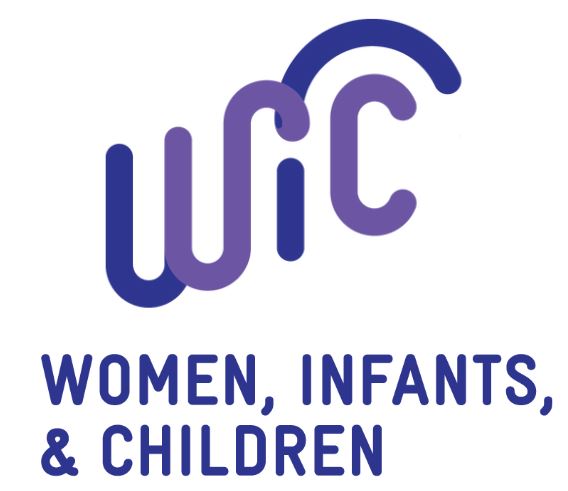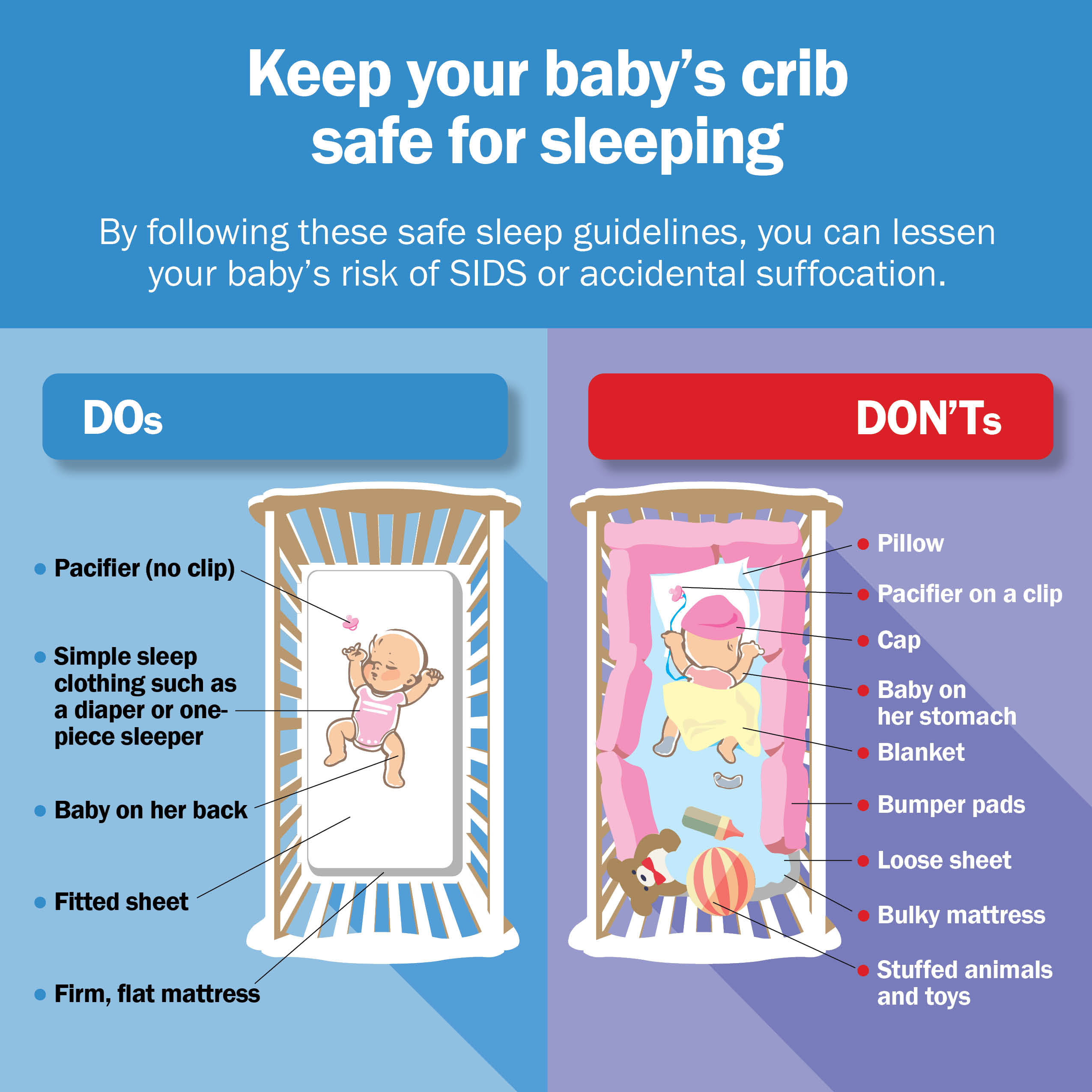Before Pregnancy
If you are trying to have a baby or are just thinking about it, it is not too early to start getting ready for pregnancy. Preconception health and health care focus on things you can do before and between pregnancies to increase the chances of having a healthy baby.

1. Make a plan and take action:
- Identify any problem areas that might affect you and your baby later, like diabetes or high blood pressure.
- The first step in preventing and treating both high blood pressure and diabetes is to make healthy lifestyle changes. That means eating well, exercising regularly, and cutting down on alcohol and smoking.
- KCHD offers Diabetes and Heart Health management classes; click here to sign up today!
2. See your doctor:
- Before getting pregnant, talk to your doctor about preconception health care. Your doctor will want to discuss your health history and any medical conditions you currently have that could affect a pregnancy. He or she also will discuss any previous pregnancy problems, medicines that you currently are taking, vaccinations that you might need, and steps you can take before pregnancy to prevent certain birth defects.
- Visit our immunizations page to learn more about what vaccines you can receive at KCHD.
For more information on preconception health, visit the CDC or the American College of Obstetricians and Gynecologists.
3. Lifestyle and Behaviors:
It's important to start your tobacco and substance free journey before getting pregnant. If a baby is exposed to substances like tobacco, alcohol, marijuana, illegal drugs, or prescription drugs taken for a nonmedical reason, it can cause serious problems for your pregnancy and your baby. We have programs and partners in place that can help provide support. Click here to learn more.
Tobacco
Tobacco use is the most preventable risk factor for disease, disability and premature death in the United States. In fact, smoking or even just being exposed to secondhand smoke while you’re pregnant can cause your baby to be born too early. Our Baby & Me Tobacco Free program can help you quit and provide a healthier environment for your baby. If you’re pregnant and interested in information and support to help you quit, click here to learn more.
Drug Free/Substance Free
If a baby is exposed to drugs in the womb before birth, it can cause Neonatal Abstinence Syndrome (NAS), a condition in which the baby will be born dependent on those drugs.
What happens to babies with NAS?
Babies born with NAS can suffer from withdrawal symptoms such as fever, sweating, rapid breathing, poor feeding or feeding intolerance, high-pitched crying, inconsolability, tremors, and seizures.
What KCHD is doing?
The Knox County Health Department (KCHD) works across the community to empower women with factual information about the dangers of drug use during pregnancy. We partner with various community agencies to connect at-risk women with the services they need as they focus on their recovery and pregnancy outcomes. We also conduct a communitywide health assessment every few years that identifies our county’s priority health issues. Maternal, Infant and Child Health as well as Substance Use were two of the 20 priority issues identified in our 2019 assessment. Click here to learn more.
Resources:
If you are pregnant and use substances, visit BornDrugFreeTN to learn more about the resources and support available to help you. It is important to talk to a medical professional about all the medications you are taking, including prescription pain pills. If you or someone you know is struggling with addiction, please click here for more information about treatment programs in our community.
During Pregnancy

Once you are pregnant, be sure to keep all of your new healthy habits and see your doctor regularly throughout pregnancy for prenatal care.
Immunizations:
- During pregnancy it's crucial that a mother stays up to date on immunizations. After all, when a mother gets vaccines, she is protecting both herself and her baby against serious diseases.
- The CDC recommends that pregnant women should get a flu shot and a whooping cough vaccine during each pregnancy.
- Visit our immunizations page to see what vaccines you can receive at KCHD.
Nutrition Guidelines for Pregnant Women:
During pregnancy, your baby is counting on you for the nutrients he or she needs to grow healthy and strong. To read more about the types and quantities of foods you should have and avoid during pregnancy below, click here.
Guidelines include:
- Eat 4–6 smaller meals a day to help relieve heartburn and discomfort you feel as your baby grows, increasing the calories by roughly 300 to 450 additional calories per day.
- Try to eat foods from each of the five food groups every day. The five food groups include grains, vegetables, fruits, milk products and proteins.
- Be sure you’re getting the right amount of vitamins and minerals you’ll need to keep you and baby healthy, such as folic acid and calcium. Take a prenatal vitamin everyday as a part of a healthy pregnancy.
- Limit caffeine to 200mg a day. That's about one 12 oz. cup of coffee. Caffeine is also found in tea, soft drinks, energy drinks and some over-the-counter medications.
- Limit sodas and juice, and aim for 6 to 8 glasses of water a day.
- Limit “junk food” as much as possible.
Things to avoid:
There are certain foods to stay away from to help protect the health of your unborn baby. Avoid food-borne illnesses by washing your hands before eating and making sure you’re taking extra steps to handle food safely and keep food fresh. Stay away from shark, swordfish, king mackerel and tilefish because they contain high levels of mercury, a toxin that your baby is more sensitive to.
Pregnant women are also more sensitive to bacteria like listeria which can be found in:
- Raw or undercooked eggs, meat, poultry, fish, shellfish and sprouts
- Unpasteurized milk or juice
- Any cheeses made with unpasteurized milk. Some examples include soft cheeses such as Brie, Camembert, Roquefort, Feta, Gorgonzola and Mexican style cheeses that include queso blanco and queso fresco, unless they clearly state that they are made from pasteurized milk.
- Deli meats and hot dogs, unless reheated until meat is steaming
Early Prenatal Care:
- As soon as you suspect you’re pregnant, you should schedule your first prenatal appointment. While not all pregnancy complications can be prevented, we know that women can increase their chances of having a healthy baby by managing health conditions and detecting problems early.
- While you're pregnant, you also will have some routine tests. Some tests are suggested for all women, such as blood work to check for anemia, your blood type, HIV and other factors. Other tests might be offered based on your age, personal or family health history, your ethnic background, or the results of routine tests you have had.
Resources:
- WomensHealth.gov – Staying Healthy and Safe During Pregnancy
- Choose My Plate – Nutritional Needs During Pregnancy
- USDA WIC Works Pregnancy Fact Sheet
- KidCentralTN.com - Information on thousands of programs available to Tennessee families, children and parents, many available at no cost.
- Tennessee Department of Human Services
Black Maternal Health

Knoxville Doula & Birthing Resources:
Most Pregnancy-Related Deaths are Preventable
- In 2017, the infant mortality rate for black babies in Knox County was four-and-a-half times that of white babies, and the rate of black babies born at a low birth rate was almost two-and-a-half times that of white babies.
- Black women are three times more likely to die from a pregnancy-related cause than white women, with multiple factors contributing to these disparities including racial inequities, pre-existing conditions, "Black pain" or the common belief that Black people have a higher pain tolerance than white people and lack of access to health care.
- Our team works with community partners to bring awareness and advance the conversation about the maternal health crisis in our minority populations.
- Follow our social media accounts for more information about Black Maternal Health Week in April.
Resources Available to Help
Breastfeeding
Health organizations worldwide recommend that mothers breastfeed their babies exclusively for six months, and then continue breastfeeding for one year and beyond, even as solid foods are introduced. The longer and more exclusively a mother breastfeeds her baby, the greater the health benefits they both receive. New mothers can be successful meeting their breastfeeding goals with the loving support of family, community and health care providers.
- If you want or need support during this time, think about joining Knox Breastfriends Group on Facebook: A mother-to-mother breastfeeding support group for moms (and moms-to-be).
- Mothers value sharing experience with other mothers to help overcome barriers and for positive support and encouragement when concerns arise. Breastfeeding support helps mothers achieve their breastfeeding goals.
- For more details on current dates and times for the Breastfriends Group Zoom meeting please contact the WIC Breastfeeding Coordinator at 865-215-5060.
- Resources are available to help you obtain a FREE breast pump through your insurance. Click here to learn more!
WIC
You might be eligible for WIC...
- If you are pregnant or have had a baby in the last six months; breastfeeding women who had a baby in the last twelve months; infants; and children up to the age of five, including adopted and foster children.
- Fathers may apply for their children.
- You must meet income guidelines to qualify for WIC services. Check the income guidelines for your family to see if you qualify.

Between Pregnancies
A full-term baby is a stronger baby - wait 18 months between pregnancies for a Stronger Baby.
Having babies too close together increases your risk for premature births. Waiting at least 18 months between pregnancies can lower your risk of preterm birth by 40 percent. Click here to learn more.
- A study by the Centers for Disease Control and Prevention (CDC) showed that waiting 18 to 23 months after giving birth to get pregnant is the healthiest option for both mother and infant. Mothers need enough time to recover from pregnancy before becoming pregnant again.
- The CDC’s research pointed out that those babies conceived too soon likely had problems because the mother is still recovering from vitamin depletion, blood loss and reproductive system damage from the prior birth.
Babies born after the 39th week of pregnancy have the best possible start in life!
Not all pregnancy complications can be prevented, but we know that women can reduce the risk for prematurity by living a healthy lifestyle, managing health conditions and detecting problems early. Babies born before the start of the 37th week of pregnancy are considered premature or preterm, and prematurity is the leading cause of infant death in Knox County. In 2019, 10.3% of total births in Knox County were premature.
- While not every premature baby experiences complications, babies who survive an early birth may have breathing problems, cerebral palsy, intellectual disabilities and other lifelong problems. Even babies born just a few weeks early have higher rates of hospitalization and illness than full-term infants. Attending all prenatal appointments can help doctors can spot health problems early. Early treatment can cure many problems and help reduce the risk for premature birth.
Our Women’s Health Clinic provides pregnancy testing and can also help qualify you for temporary Medicaid coverage if you do not have health insurance and you are pregnant. Click here for more information.
Postpartum Support
The postpartum period can be a time of mixed emotions and a time of physical changes. Here you can find info on taking care of yourself, finding the support you need and steps to take for a "Strong Baby".
- Your body and mind go through many changes during and after pregnancy. If you feel empty, emotionless, or sad all or most of the time for longer than 2 weeks during or after pregnancy, reach out for help. If you feel like you don't love or care for your baby, you might have postpartum depression. Treatment for depression, such as therapy or medicine, works and will help you and your baby be as healthy as possible in the future; click here to learn more.
After Pregnancy
The postpartum period can be a time of mixed emotions and a time of physical changes. Here you can find info on taking care of yourself, finding the support you need and steps to take for a "Strong Baby".
Safe Sleep

Make sure you follow the
American Academy of Pediatrics
and their recommendations for
safe sleep. The graphic to the
right showcases the DOs and
DON'Ts of safe sleep.
A baby requires sleep. Lots of it. It’s typical for an infant to sleep up to 16-17 hours a day. How babies sleep is just as important as the amount of sleep they get.
- A safe sleep environment can help reduce the risks of SIDS and other sleep-related causes of infant death, such as suffocation.
- Remember to room share and not surface share, clean out extra items from the crib, put baby to sleep on their back on a firm and flat crib or pack 'n play.
- Visit our Safe sleep now for a "Strong Baby" later page to learn more about how to practice safe sleep for your baby.

Immunizations
- Now that your baby is born, she will start to get her own vaccines for protection against diseases (even before she leaves the hospital after birth, it is recommended she get the first of an eventual three doses of the vaccine that protects against Hepatitis B).
- Your doctor may recommend you receive some vaccines right after giving birth. Postpartum vaccination will help protect you from getting sick and you will pass antibodies to your baby through your breastmilk. Vaccination after pregnancy is especially important if you did not receive certain vaccines before or during your pregnancy.
- Visit our immunizations page to see what vaccines you can receive at KCHD.

Postpartum Support
The postpartum period can be a time of mixed emotions and a time of physical changes. Here you can find info on taking care of yourself, finding the support you need and steps to take for a "Strong Baby".
- Your body and mind go through many changes during and after pregnancy. If you feel empty, emotionless, or sad all or most of the time for longer than 2 weeks during or after pregnancy, reach out for help. If you feel like you don't love or care for your baby, you might have postpartum depression. Treatment for depression, such as therapy or medicine, works and will help you and your baby be as healthy as possible in the future; click here to learn more.
Breastfeeding Support
KCHD provides resources for mothers and the greater community, including information in the Community Breastfeeding Resources guide, Breastfeeding Welcomed Here business pledge, the Knox Breastfriends support group, as well as the prenatal breastfeeding education and counseling toolkit and the TN Breastfeeding hotline.
- Breastfeeding provides unmatched health benefits for babies and mothers. It is the clinical gold standard for infant feeding and nutrition, with breast milk uniquely tailored to meet the health needs of a growing baby.
- Visit our breastfeeding support page to learn more and view resources available.



Click here to leave a comment or concern.